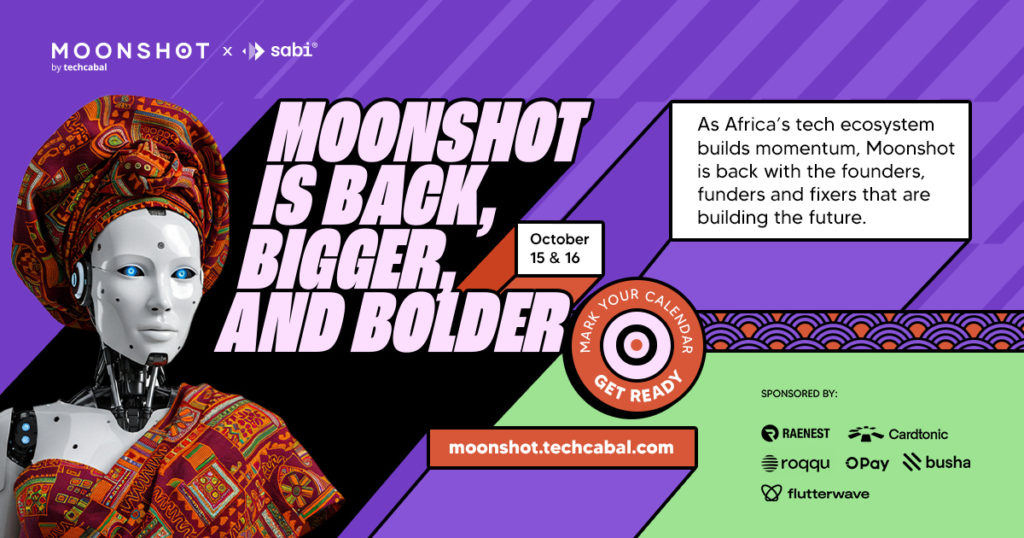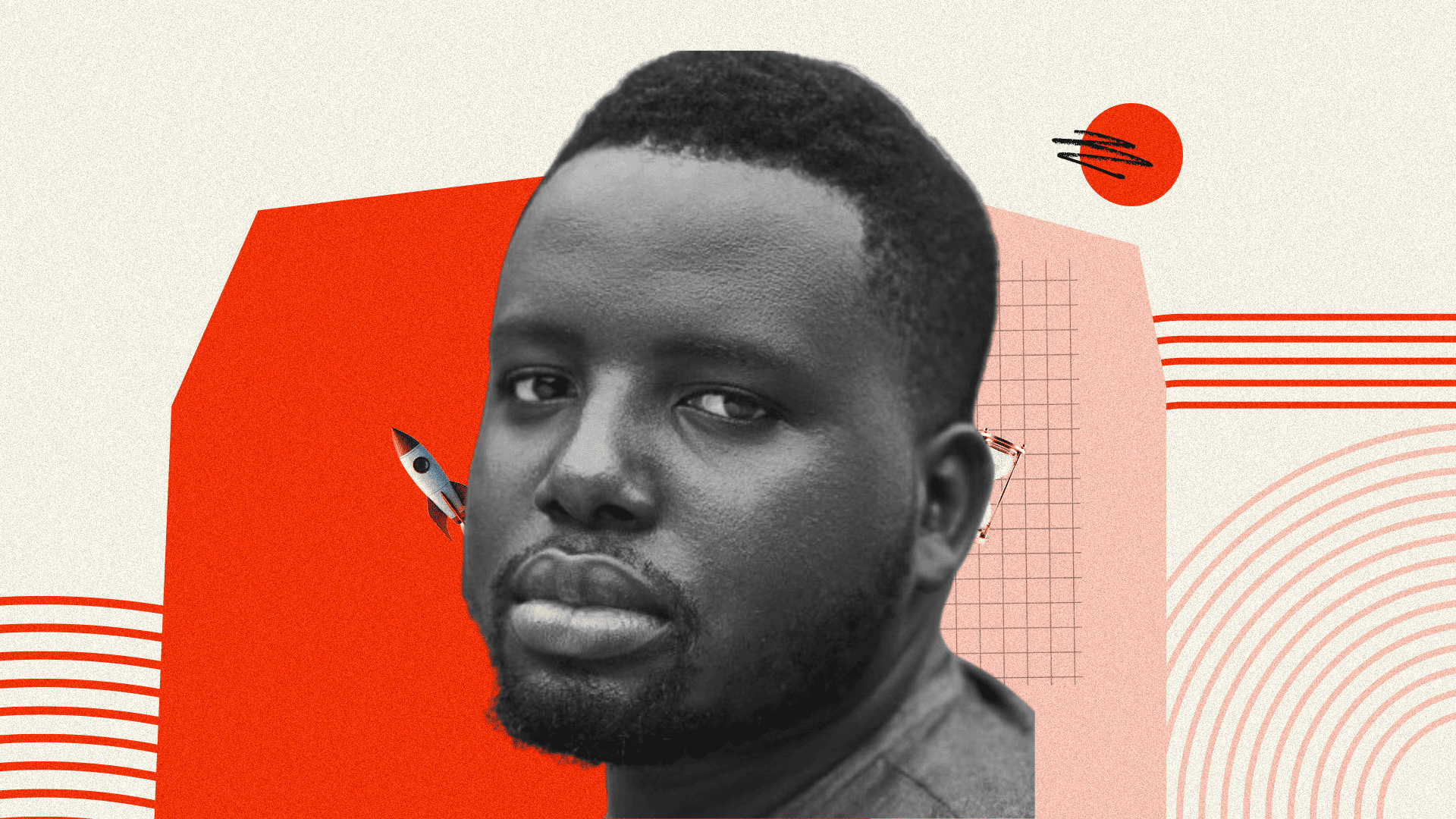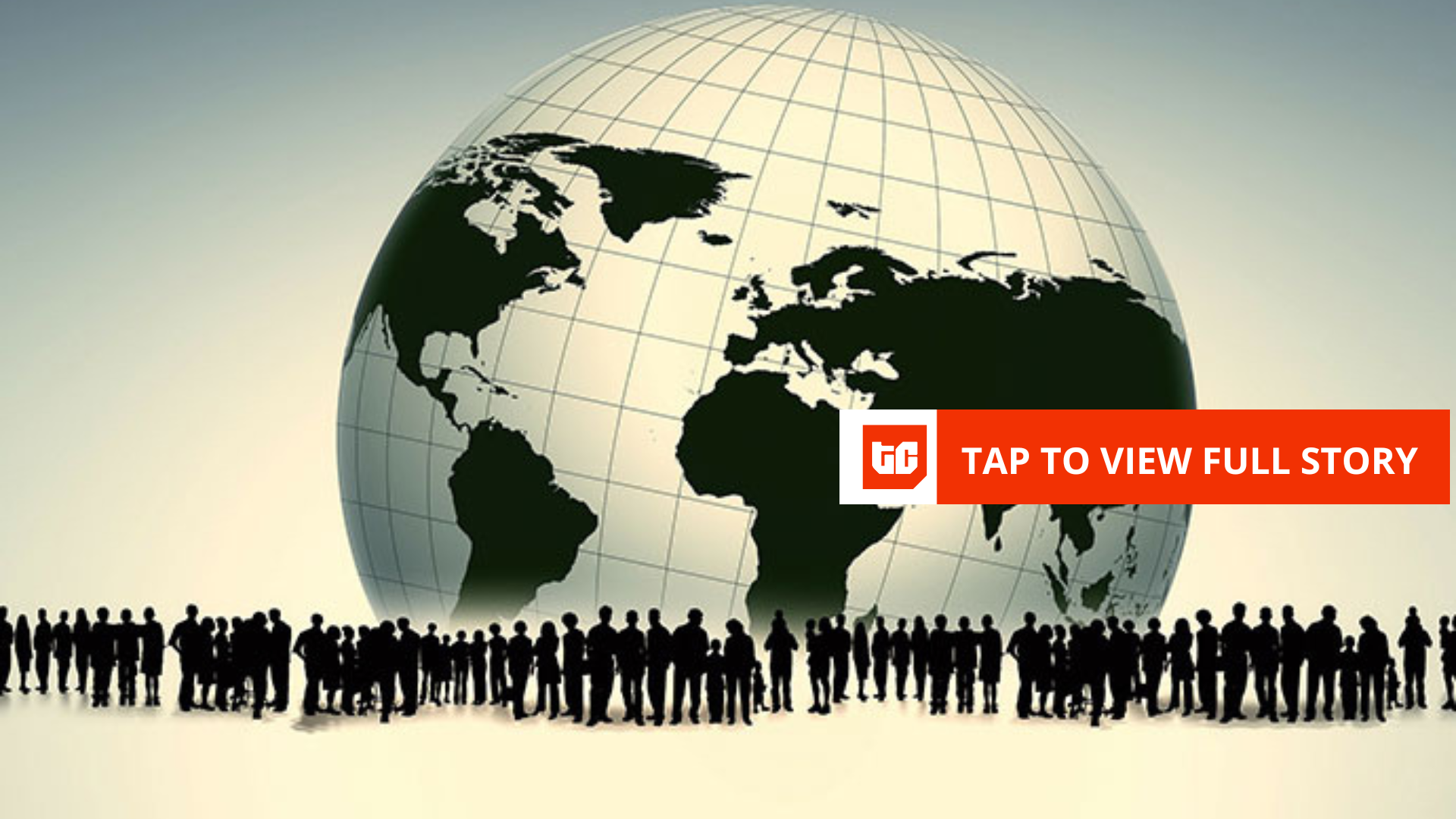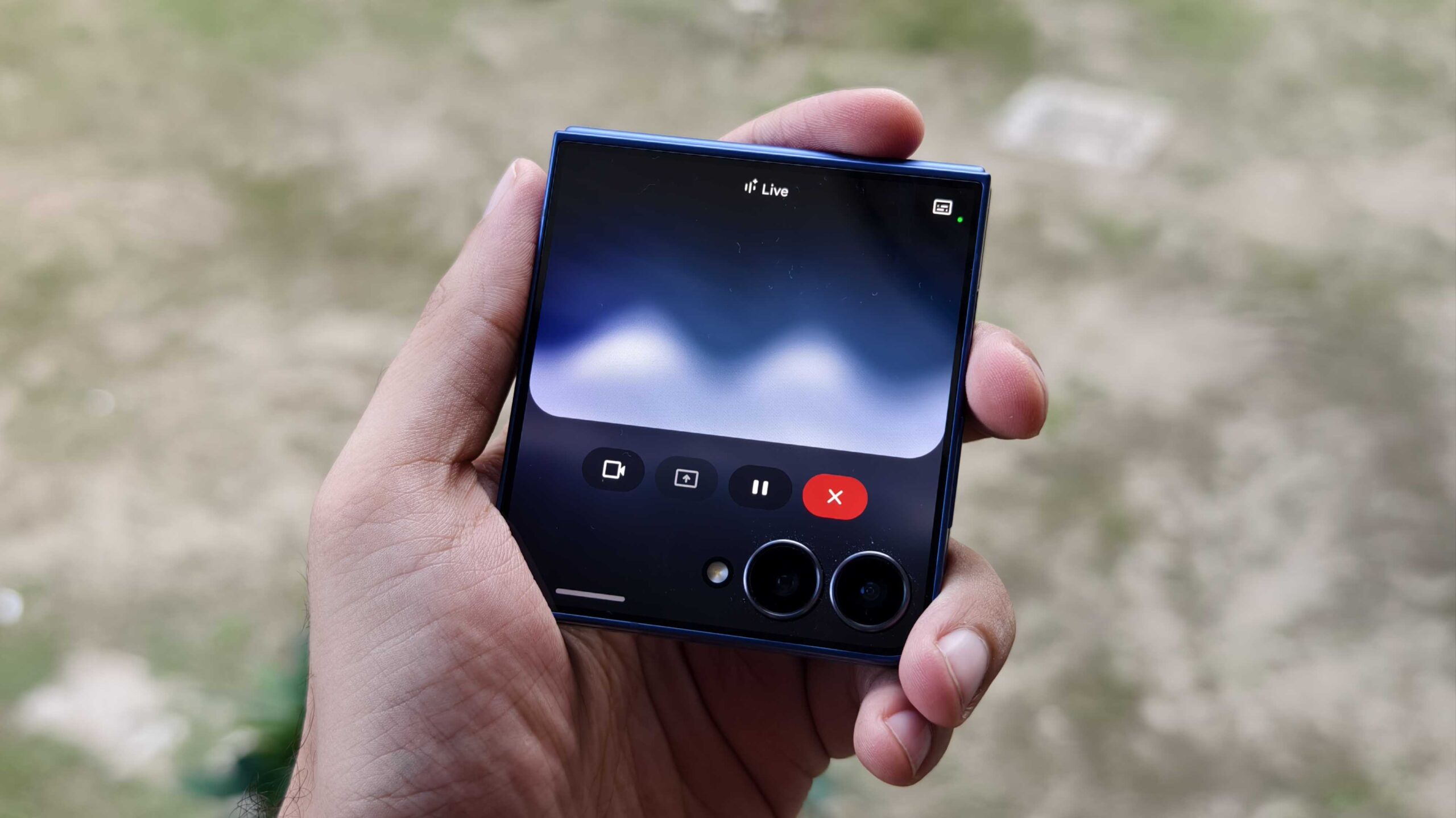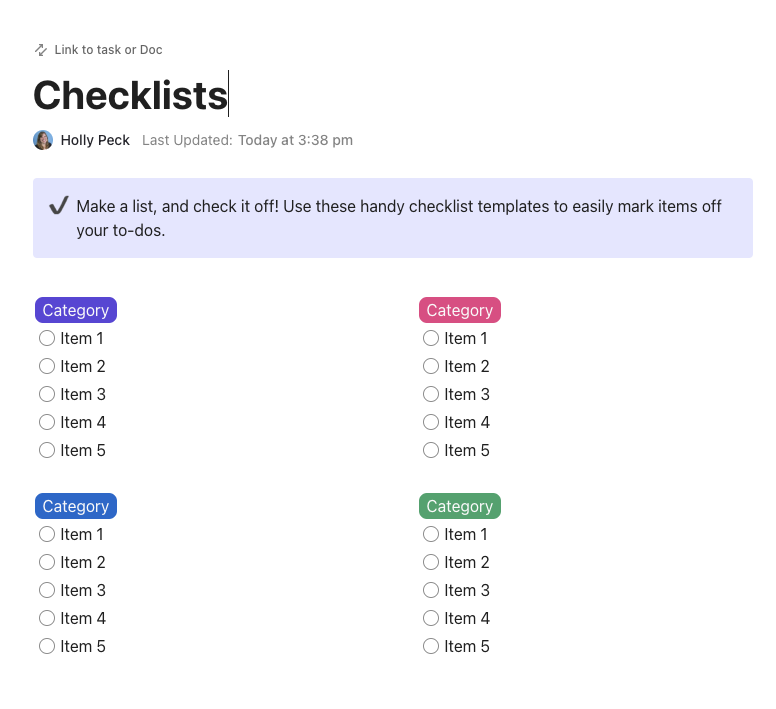The last time I saw a movie, it was James Gunn’s Superman at EbonyLife Place. After I made the decision to see the movie, I opened my phone’s browser and bought a ticket online. It was easy, simple, and a far cry from the ticket-buying experience of two decades ago.
I didn’t think about the mechanics of the ticket-buying process any more than I think about how electricity works when I turn on a switch. But that easy, straightforward process is an illusion, built and maintained by a system most people would never see.
For this edition of Day 1-1000, I speak to Kolade Adewoye, whose Fusion Intelligence is responsible for the illusion that maintains Nigeria’s—and West Africa’s—cinema industry.
This is the story of Fusion Intelligence, as told to .
Day 0: Before Fusion, there was Filmhouse
I joined Filmhouse Cinemas in 2018. Honestly, I just wanted to do any work I could get my hands on.
I worked on the core operating software they used, Vista. One day, I happened to walk past an invoice for that same software. It was for $80,000 a year. Even then, when the dollar was around ₦300 or ₦400, that was a lot of money. I remember thinking, “If I just gather five guys together, we can run this thing.” That was peak delusion, but it was the first spark.
I also realised this was an invisible market. You can walk into a Chicken Republic and see them using a POS, but nobody ever asks, “What operating software are you using?” It’s a huge industry, but it’s 100% dominated by foreign companies because it’s seen as business-critical.
But the real experience that defined my time there was the Avengers: Endgame premiere in 2019. The website broke from so many transactions. People were paying ₦20,000 and getting an ‘Oops’ error message without a ticket. I was basically the only support person.
For three days straight, I didn’t go home. I slept at the cinema. I focused all my energy on supporting the cinema staff, telling them which transactions were successful so they could issue physical tickets. I built my reputation as the guy who would get stuff done, no matter what. Some people even thought I was the MD’s son.
That period built the social capital I needed later. When I left to start Fusion, I could walk into any cinema manager’s office, and we’d joke about that crisis. They knew I understood the business from the inside out, and that’s why they trusted me with their first contracts.
Day 1: The Call
My day one wasn’t a day one; it was more of a night one. It was on a WhatsApp call with five other broke and depressed people.
After Filmhouse, I had joined a startup that was failing. I wasn’t getting paid, but I was still bringing in revenue. The company owed the bank, and the money I worked for was going to pay off old debts. I was frustrated, depressed, and my parents were shouting at me for being jobless.
I told the team I was leaving to start my own thing. The unbelievable thing was that they all wanted to come with me. I told them the truth: “I have no money. I can’t pay you.” They said, “We haven’t been paid for months either. Anywhere is better than here with a CEO we don’t trust.”
That was it. That was the start. 2022. No money, no name, just a belief that it couldn’t get any worse. My first job was to get a contract, any contract, so we could start.
The first Contract
That night, I messaged everyone I knew. Because I had the reputation as the guy who got things done, people were more likely to hear me out, and if they didn’t hear me out, I texted them again.
It worked. I got a contract to build a website for Imperial Cinemas in Osogbo that same night. It was for ₦800,000. That was our first money. We paid ourselves ₦50,000 each. After months of nothing, it felt like a fortune.
We named the company Fusion Intelligence, a name I’d liked for a long time. This wasn’t about passion; it was about survival. I knew the ideas that could work, but my first objective was just to get cash to start implementing them.
Day 100: The Big Mistake
We landed a massive app development contract with a major Nigerian bank. It was a huge win for a young company, but if you ask me, it would probably qualify as our biggest mistake. The project was incredibly complex, something that didn’t really exist in the Nigerian market at the time. We were naive.
Motivational speakers tell you to “Say yes and figure it out later.” We said yes and promised to deliver it in just six months. A year later, we were still not even ready to launch a basic version. We had exceeded the timeline so badly that someone from the bank called me to say I was just a rookie doing rubbish, that they never should have trusted me. It was intense, and it hurt.
I learned a brutal lesson about the gap between ambition and execution. We just had to put one foot in front of the other and keep going. That project eventually launched with bugs and was a flop. To this day, it hurts me.
Moving from projects to products
We made good money that first year, but I hated the model. Most of our money came from one client. If we missed a milestone, they wouldn’t pay, and it was a constant scramble for cash.
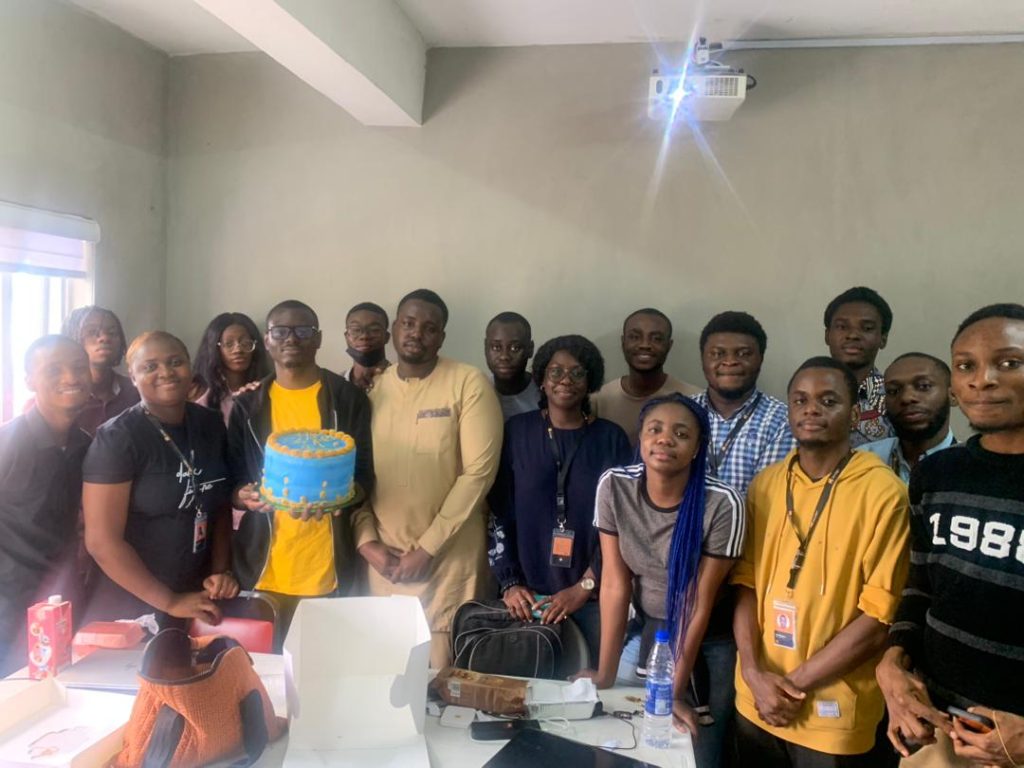
I read a book called Subscribed and became obsessed with recurring revenue. Companies like Microsoft and Oracle got paid every month. I knew Nigeria’s economy was volatile, and I needed a predictable cash flow to survive. I wanted money we could count on, rain or shine.
I decided to pivot. We would use our agency profits to build our own software products that businesses would pay a license fee for every month. Since I knew the cinema industry inside out, that’s where we started.
Day 500: The Hell Week
Then came the worst week of my life. It felt like everything we had built was about to collapse all at once.
It started with our movie decryption software, Convoy, failing during a screening with Cafe One. The movies just stopped playing. We had been working on it for months, and it was a huge embarrassment.
In that same week, I had to let go of a major member of our team. It was emotionally very painful, but she was just not performing anymore.
Also in that same week, a potential investor we were talking to passed on us.
And if that wasn’t enough, we were having major issues with another client, where their app basically stopped working because someone pushed faulty code. To top it all off, we lost another client entirely.
I’m obsessed with my clients, so when they have a problem, I don’t sleep. This week, I almost lost my mind. I was ready to refund a client’s deposit just to keep the relationship I had with them. I remember stepping away to cry hot tears of frustration.
But my team was incredible. Everyone came into the office on a Saturday to fix the Convoy problem. We found the issue, we fixed it, and we made new rules, like mandatory test screenings a week before any event, to never let it happen again. We survived by taking just one step forward, then another.
Day 1000: Domination and Growth
We survived. Now, we’re playing to win.
Fusion Intelligence isn’t just an agency anymore. Our software runs over 55% of cinemas in West Africa. We power restaurants like Cafe One, Kinglace Creamery, and Panarottis. We built the logistics system for ABC Transport.
My ambition is control. In any market we enter, my goal is to get 100% of it. I want to be a monopolist – not the kind that increases prices anyhow, but the kind that offers so much value that customers can’t imagine using anyone else. I need that consistent cash flow to protect my team and our future. After West Africa, we look at the rest of Africa.
To do that, the next phase is all about distribution and scale. We have grand dreams of being an Oracle or a Microsoft that powers business operations across the continent, all built from right here.
Looking back, if I could tell my younger self one thing, it would be: “Don’t do it. Get a bank job.” It has been that hard. But I know myself, I wouldn’t listen anyway, and we’d still end up here, building something that I hope will last forever.
Mark your calendars! Moonshot by is back in Lagos on October 15–16! Join Africa’s top founders, creatives & tech leaders for 2 days of keynotes, mixers & future-forward ideas. Get your tickets now: moonshot..com
